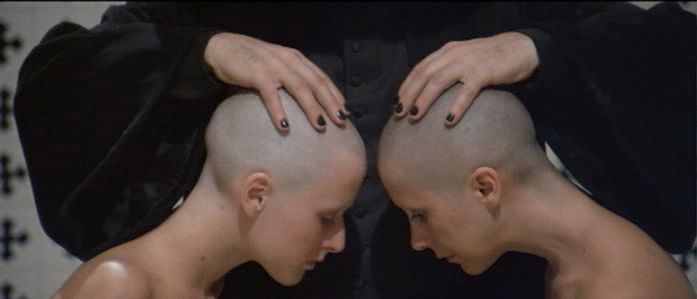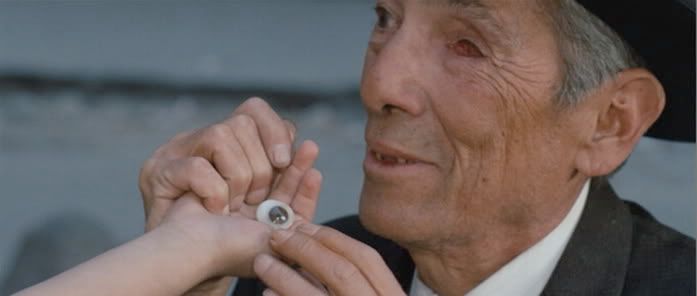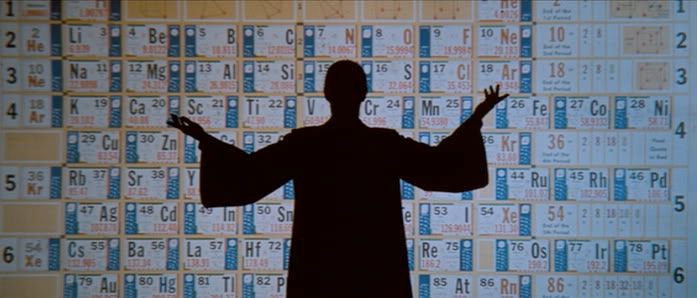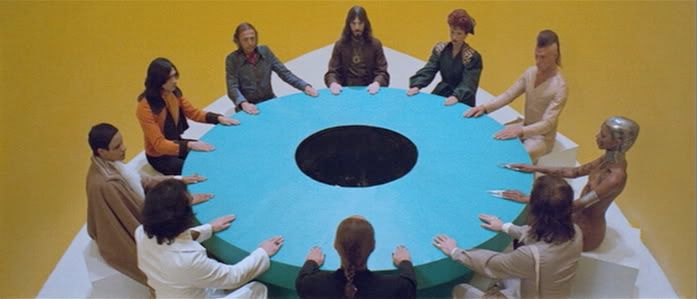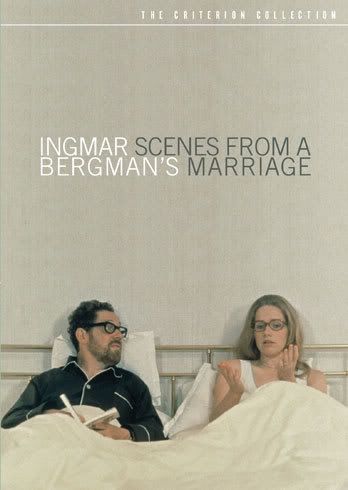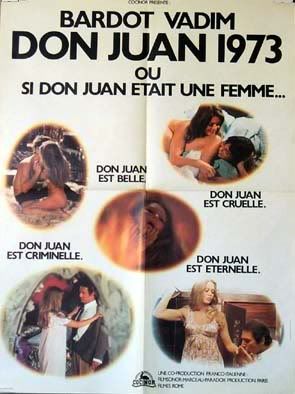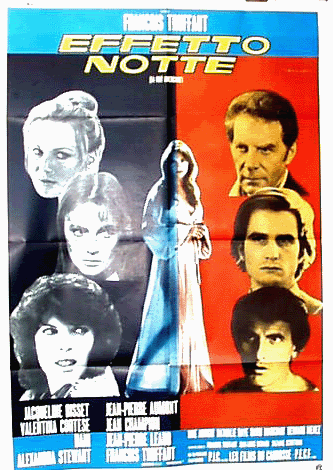Badlands (Terrence Malick, 1973)
 No director who has only made four films in nearly 35 years is as acclaimed as Terrence Malick. While I don't necessarily have a problem with that (for once), I am a little confused. Sure, his movies (I've seen them all but The Thin Red Line) are beautiful and contemplative, but I've never thought they had enough character development to be considered true masterpieces. Badlands is the same. Malick's debut, a film he almost seems to remake with Days of Heaven 2 years later, focuses on Kit Carruthers, a violent 25-year-old garbageman who meets Holly, a 15-year-old girl, and they fall in love. Well, they fall in puppy love, but when Kit kills Holly's father ("We'll have to talk about that sometime" is my favorite line of the film), they run away together across the badlands, a desolate place where Kit kills four or five other people and Holly watches. The most fascinating part about the film is the total lack of awareness in Holly, played blankly (and perfectly) by Sissy Spacek. She is 15, it's 1959, so there is undoubtedly going to be a sense of naivete about her, but she doesn't even question Kit until it is far too late. Most any person with as solid a relationship as Holly seems to have with her father would have been destroyed by her father's murder by her boyfriend, but Holly doesn't even cry. She just follows Kit (Martin Sheen, as a killer who is not even sure why he's killing) as he lights her house on fire and leaves town forever. Holly is not a real person, a girl in her most formative stage; she mentions in the film (and it's even on the poster) that she doesn't really have any friends, so perhaps she's just grateful that someone loves her as she is? But she never seems desperate for love, just passive and willing to go with the flow, no matter what happens. Until it's too late. Holly's resistance near the end of the film is what brings their run to its end, a surprisingly strong statement from a girl who had yet to do much of anything in the film. The movie is a comment on restless youth (Kit is compared to James Dean more than once), on female roles (Holly is always a companion to either her father and then Kit), on the desolate nature of the American wild and the American spirit, and one that is infinitely more interesting to think about than actually watch (as I've realized while writing this). Malick uses his simple characters to convey the complexities of the American self, class differences, violent nature, and all. 7/10 Labels: 1973, terrence malick |


